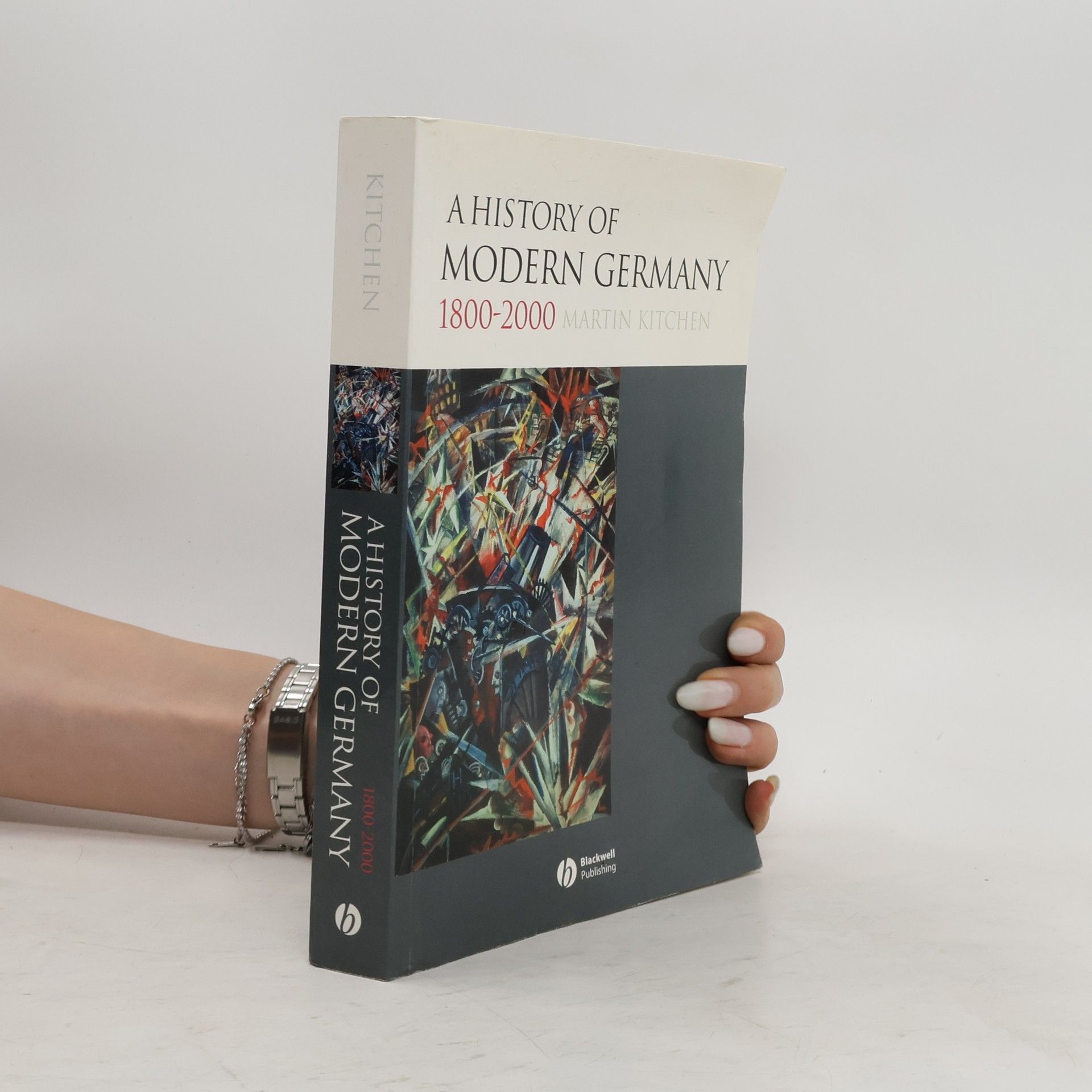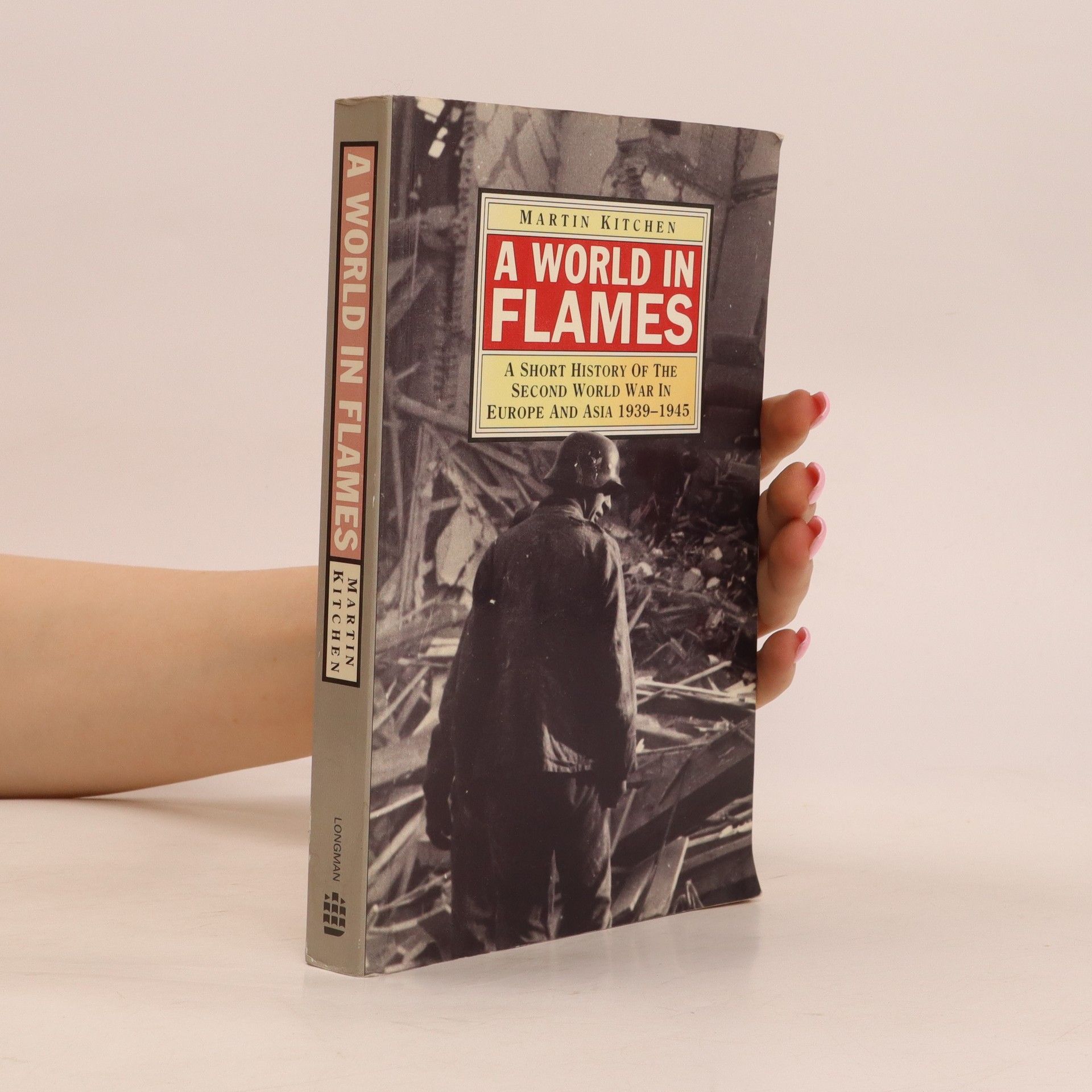Speer: Hitler's Architect
- 456 páginas
- 16 horas de lectura
BIOGRAPHY: HISTORICAL, POLITICAL & MILITARY. A new biography of Albert Speer, Adolf Hitler's chief architect and trusted confidant, reveals the subject's deeper involvement in Nazi atrocities. In his best-selling autobiography, Albert Speer, Minister of Armaments and chief architect of Nazi Germany, repeatedly insisted he knew nothing of the genocidal crimes of Hitler's Third Reich. In this revealing new biography, author Martin Kitchen disputes Speer's lifelong assertions of ignorance and innocence, portraying a far darker figure who was deeply implicated in the appalling crimes committed by the regime he served so well


